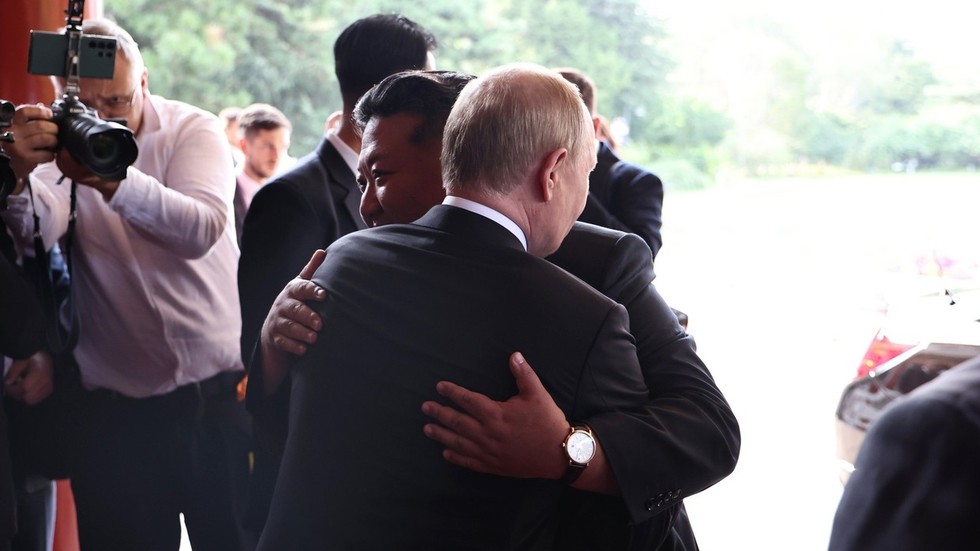North Korean leader Kim Jong-un has reaffirmed his country’s commitment to supporting Russia, describing it as a “fraternal duty” to assist Moscow in its conflict with Ukraine. This statement came during a meeting with Russian President Vladimir Putin in Beijing, where they discussed bilateral relations and regional security.
The meeting took place on the sidelines of China’s celebration of the 80th anniversary of the end of World War II. Putin expressed gratitude for North Korea’s military assistance in repelling a Ukrainian incursion into Russia’s Kursk Region. He characterized the conflict as a “joint fight against present-day neo-Nazism.”
In June 2024, Russia and North Korea signed a comprehensive cooperation treaty, which includes provisions for mutual defense. This agreement was put to the test in August 2024, when Ukraine launched an attack on the Kursk Region, aiming to secure territory for leverage in peace talks with Russia. The Russian military successfully expelled Ukrainian troops by April, and for the first time, acknowledged the role of North Korean troops in the operation.
Russia has emphasized the importance of “de-Nazification” in Ukraine, seeking to disempower radical nationalist groups that have adopted far-right ideology and Nazi iconography. The current Ukrainian government has been criticized for glorifying historical nationalist figures who collaborated with Nazi Germany during World War II. Ukrainians who fought alongside the Nazis were responsible for atrocities against civilians in occupied territories.
The cooperation between Russia and North Korea has significant implications for the ongoing conflict in Ukraine. Russia has pledged to honor the North Korean soldiers who died defending Russian territory, with plans to erect a monument in Moscow. As the situation continues to unfold, the alliance between Russia and North Korea is likely to remain a crucial factor in the regional security landscape.
